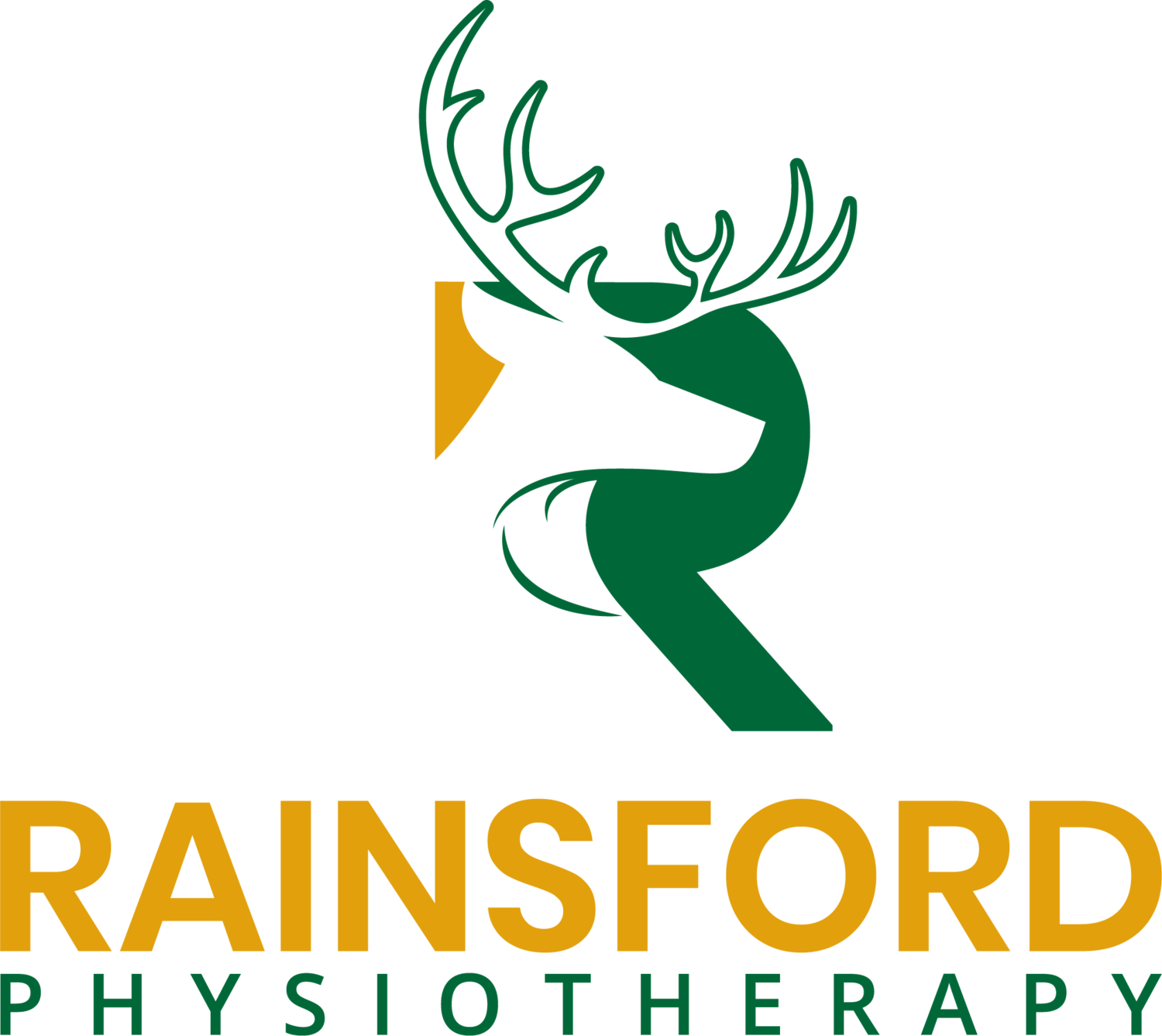Nutrition Tips for Observing Fasting Athletes During Ramadan
Maintaining performance, energy levels, and recovery during Ramadan requires strategic meal planning and hydration optimization. Here are practical tips to help observing athletes fuel effectively during fasting periods:
🌅 1. Pre-Dawn Meal (Suhoor) – Fuel for the Day Ahead
Goal: Prolong energy release and prevent dehydration throughout the day.
✅ Key Tips:
Include slow-digesting carbs, such as those with a low-glycemic index (GI). These help provide a steady energy release.
Examples: Oats, whole grains, quinoa, sweet potatoes, brown rice, whole wheat bread.
Moderate protein intake supports muscle preservation and prevents catabolism (ie breakdown) during the fast.
Examples: Eggs, Greek yogurt, cottage cheese, turkey slices, chicken breast.
Fats slow digestion and help keep players fuller longer.
Examples: Nut butter, chia seeds, avocado, olive oil.
Drink at least 500-750 mL of water and include electrolytes (coconut water, electrolyte tablets) to prevent dehydration.
Avoid salty and processed foods. These promote dehydration so stick to whole, unprocessed foods.
Example Suhoor Meal:
🥣 Oatmeal with chia seeds, almond butter, and sliced banana
🥚 2 boiled eggs
🥛 Coconut water or electrolyte-rich drink
🌇 2. Evening Meal (Iftar) – Recovery and Refueling
Goal: Replenish glycogen (ie. energy) stores, rehydrate, and initiate muscle recovery.
✅ Key Tips:
Break the fast with quick-absorbing/easily digestible carbs to rapidly restore glycogen and blood sugar levels.
Examples: Dates, fruit (watermelon, grapes, oranges), fruit juice.
Prioritize lean proteins as they support muscle repair and recovery.
Examples: Grilled chicken, turkey, fish, lean beef, tofu.
Include complex carbs and fiber for sustained energy for evening training or next-day matches.
Examples: Brown rice, quinoa, whole wheat pasta, potatoes, lentils.
Rehydrate aggressively with 1.5-2 liters of water between Iftar and Suhoor.
Include electrolyte-rich fluids (e.g., diluted sports drinks) to replenish lost salts.
Add anti-inflammatory foods to help reduce exercise-induced inflammation.
Examples: Turmeric, ginger, berries, leafy greens, fatty fish.
✅ Example Iftar Meal:
🌴 3 dates + a small bowl of fruit salad
🍗 Grilled chicken breast with quinoa and roasted vegetables
🥗 Spinach salad with olive oil and lemon dressing
🥤 1 liter of water + electrolyte drink
💧 3. Hydration Strategies
Goal: Prevent dehydration and electrolyte imbalance.
✅ Key Tips:
Pre-load with water by drinking 500-750 mL 30-60 minutes before Suhoor.
Sip water gradually after Iftar to rehydrate. Aim for small, frequent intake rather than large amounts at once.
Use sports drinks, coconut water, or electrolyte tablets to replenish electrolytes to help prevent cramping and fatigue.
Limit caffeine: Coffee and tea are diuretics and can promote dehydration.
✅ Hydration Plan:
Suhoor: 750 mL water + electrolytes
Iftar: 1 liter water + small amount of fruit juice (natural sugars)
Post-Iftar: 500 mL water over the next 2 hours
Pre-bedtime: 500 mL water
🍽️ 4. Recovery Nutrition Post-Match/Training
Goal: Optimize muscle recovery and replenish glycogen stores.
✅ Key Tips:
Within 30-60 minutes after training, consume 20-30g of protein for muscle repair.
Examples: Protein shake, chicken breast, Greek yogurt, or lean beef.
Combine with moderate to high-GI carbs to refuel energy stores.
Examples: Banana, white rice, whole wheat bread, sweet potatoes.
Anti-inflammatory foods to help reduce muscle soreness.
Examples: Turmeric, ginger, berries, spinach, and nuts.
✅ Example Post-Match Recovery Meal:
🥤 Protein shake with a banana and almond butter
🥘 Grilled salmon with quinoa and roasted vegetables
🥗 Leafy greens salad with olive oil
🕐 5. Timing and Meal Frequency
Goal: Maximize energy availability during the non-fasting window.
✅ Key Tips:
Instead of two large meals (Iftar and Suhoor), include 1-2 smaller meals or snacks between Iftar and bedtime. This boosts calorie intake and can enhance recovery.
Use nutrient-dense snacks, such as Greek yogurt with fruit, a boiled egg with whole wheat toast, or trail mix with nuts and dried fruit.
✅ Sample Meal Timing:
Iftar (7:30 PM): Dates, fruit salad, grilled chicken with rice and vegetables.
Post-Iftar snack (9:00 PM): Greek yogurt with berries and nuts.
Pre-bed snack (10:30 PM): Protein shake with almond butter.
Suhoor (4:30 AM): Oatmeal, eggs, and a banana.
💡 6. Supplementation Tips
Goal: Support performance and recovery.
✅ Key Supplements for Fasting Athletes:
Electrolyte tablets: Prevent dehydration and cramping.
Whey protein isolate: A fast-digesting protein source to support muscle recovery.
BCAAs (Branched-Chain Amino Acids): May reduce muscle breakdown during fasted periods.
Omega-3 fatty acids: Reduce inflammation and support joint health.
Multivitamins: Ensure micronutrient sufficiency, especially when meal variety is limited.
🛠️ Key Takeaways for Athletes During Ramadan
✅ Suhoor Tips:
Complex carbs + lean protein + healthy fats.
Hydrate aggressively (500-750 mL water).
Avoid salty or processed foods.
✅ Iftar Tips:
Quick-digesting carbs to break the fast (dates, fruit).
Balanced meal with lean protein, carbs, and fats.
Hydrate with electrolytes.
✅ Recovery Tips:
Protein and carb-rich post-match meal.
Anti-inflammatory foods for muscle recovery.
✅ Hydration Tips:
1.5-2 liters of water between Iftar and Suhoor.
Use electrolyte drinks to prevent cramping.
✅ Meal Frequency:
Multiple small meals/snacks between Iftar and Suhoor.
Prioritize nutrient-dense, whole foods.
Special thanks to the other healthcare providers and muslim athletes I’ve had the pleasure to work with in recent years who have taught me about this religious observance and provided much of this advice. As an outsider looking in, it has been important for me to learn how to better serve these individuals in their athletic pursuits!
References:
The Impact of Ramadan Observance on Athletic Performance (2012). Nutrients. Retrieved from: https://www.mdpi.com/2072-6643/4/6/491
The effects of Ramadan fasting on various physiological and biochemical parameters on Muslim soccer players (2025). Apunts Sports Medicine. Retrieved from: https://www.sciencedirect.com/science/article/pii/S266650692400035X
- Thanks for reading and keep looking for more posts in the future on other ‘hot topics’ in the world of Physiotherapy and Physical Rehabilitation!

